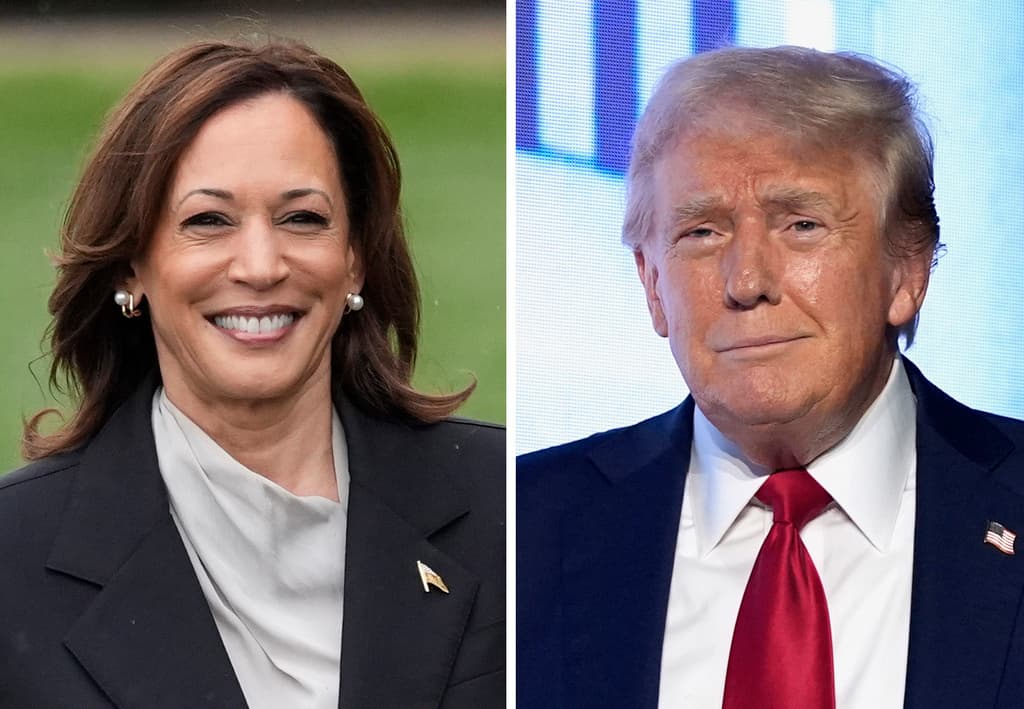The word weird, in English. Suddenly, it's everywhere in the over-the-top reporting on the US election campaign.
Donald Trump is using outrageous lies about my background. Parts of what he and his companion are saying are, well, simply weird, said the likely presidential candidate the other day at a campaign meeting in Massachusetts, according to, among others, Time.
Childlessness in focus
By companion, she refers to Trump's vice presidential candidate JD Vance, who has been criticized in recent days for previously advocating for a nationwide abortion ban and referring to Kamala Harris in an interview in 2021 as part of a "miserable gang of childless aunties". Vance has also hinted that politicians who do not have biological children should not have much to say.
The statements have sparked widespread attention and weighed on Donald Trump, who had gained momentum after the party convention and assassination attempt. Kamala Harris has no children of her own but is a stepmother to her husband Doug Emhoff's two.
The relatively simple expression "weird" has now become something of a buzzword. The use of it took off after Minnesota Governor Tim Walz, who is mentioned in speculations about who will become Harris's vice presidential candidate, said so in a TV interview last week. "Weird" is frequently used by Democrats, even though Donald Trump claims that the opponent is "ultraliberal" and "dangerous" and has failed to secure the US-Mexico border.
As Joe Biden's vice president, Harris has been tasked with investigating the root causes of illegal immigration to the US, but border security has not been her responsibility.
Concise grip?
David Karpf, professor of strategic communication at George Washington University, tells the news agency AP that he wants to praise the person who coined the expression "weird" for "a concise grip" that seems to resonate with Harris's supporters.
Ten days after Joe Biden's announcement that he will not run for re-election, Harris has raised record amounts and narrowed Trump's lead in opinion polls, both nationally and in several key swing states. Donald Trump still has the lead, and it is unclear whether Harris's momentum is due to a temporary "honeymoon" with voters.
Most indications suggest that the US presidential election on November 5 will be between the incumbent vice president, Democrat Kamala Harris, and the Republican former president Donald Trump.
Currently, Trump has national support of 48.1 percent compared to 46.1 percent for Harris, according to a compilation of current polls.
Trump leads Harris in six of seven swing states, places where the election is decided in reality.
Source: The politics website Real Clear Politics






